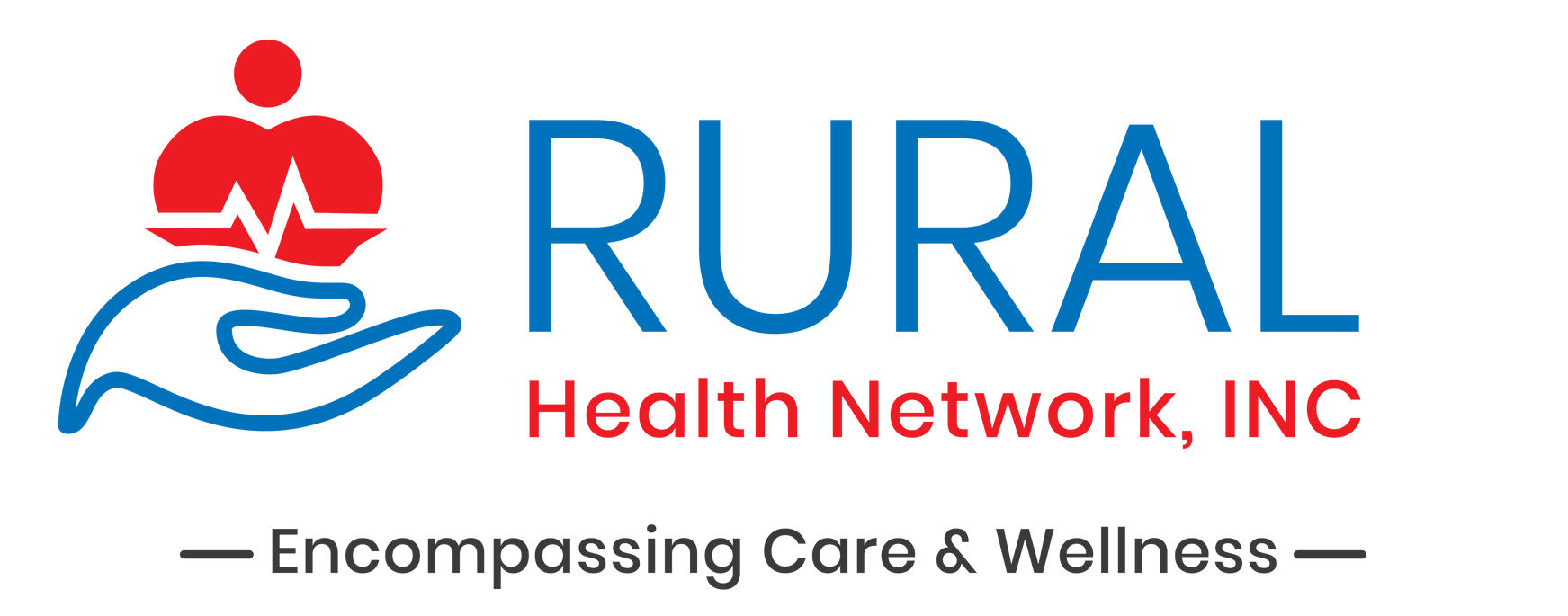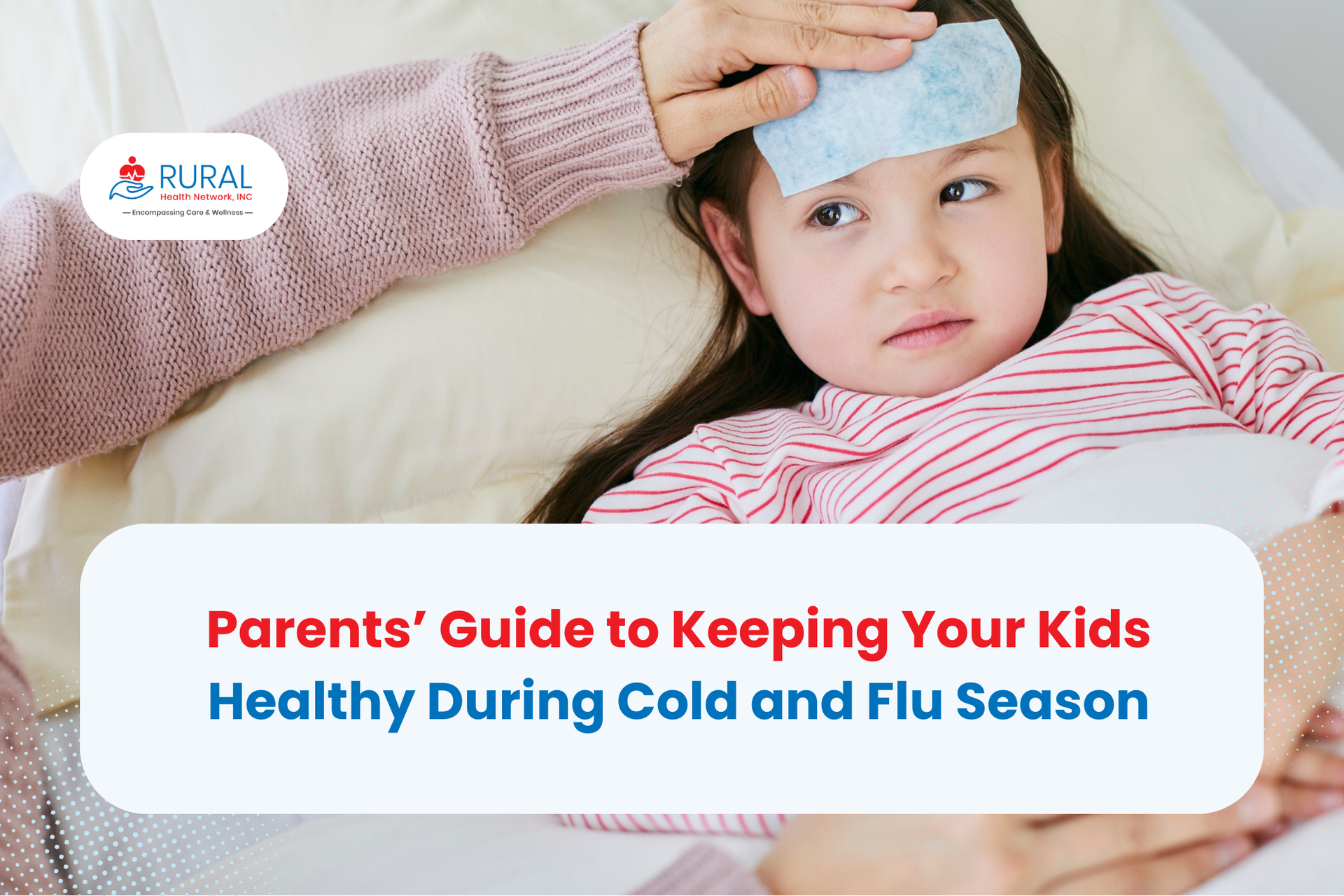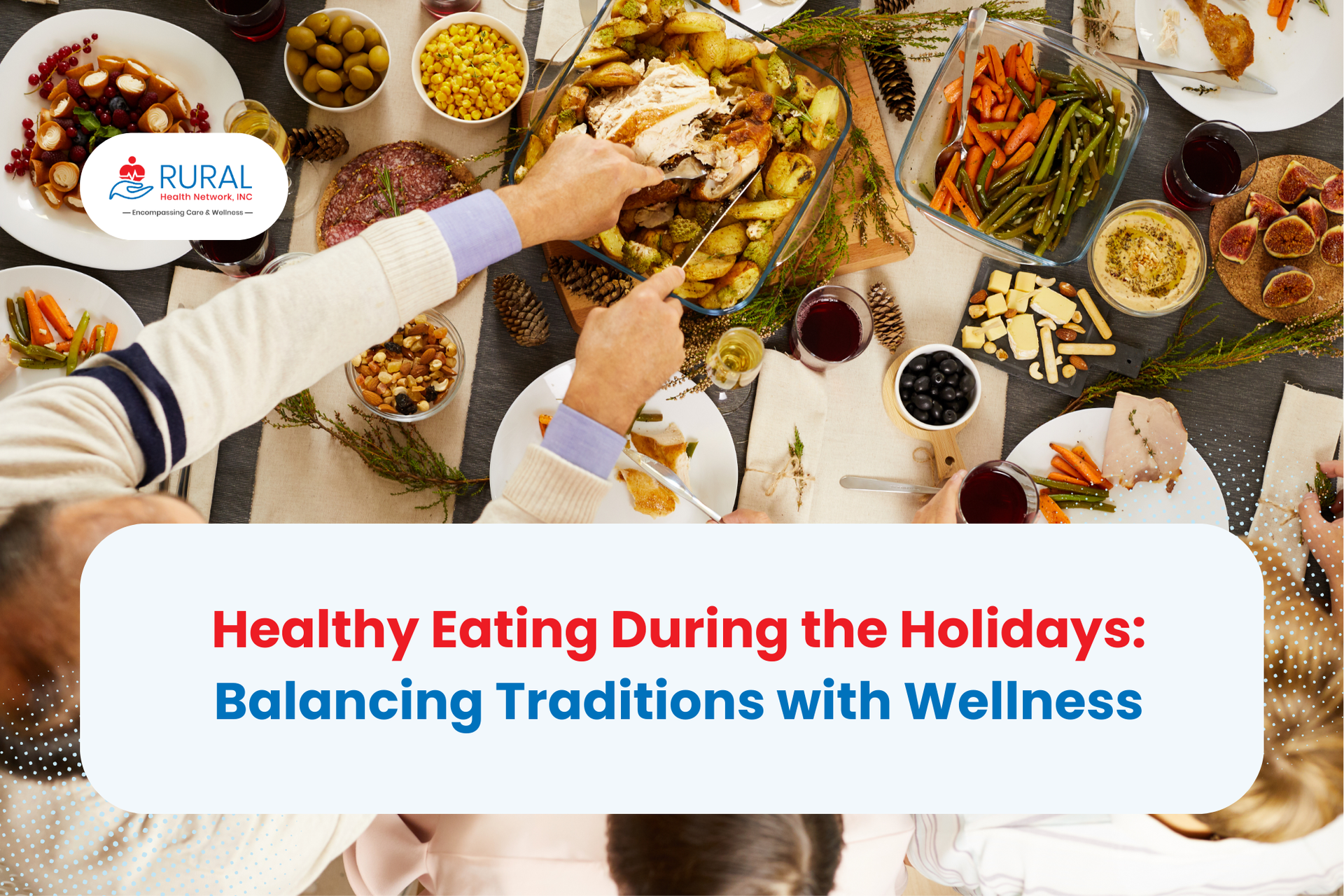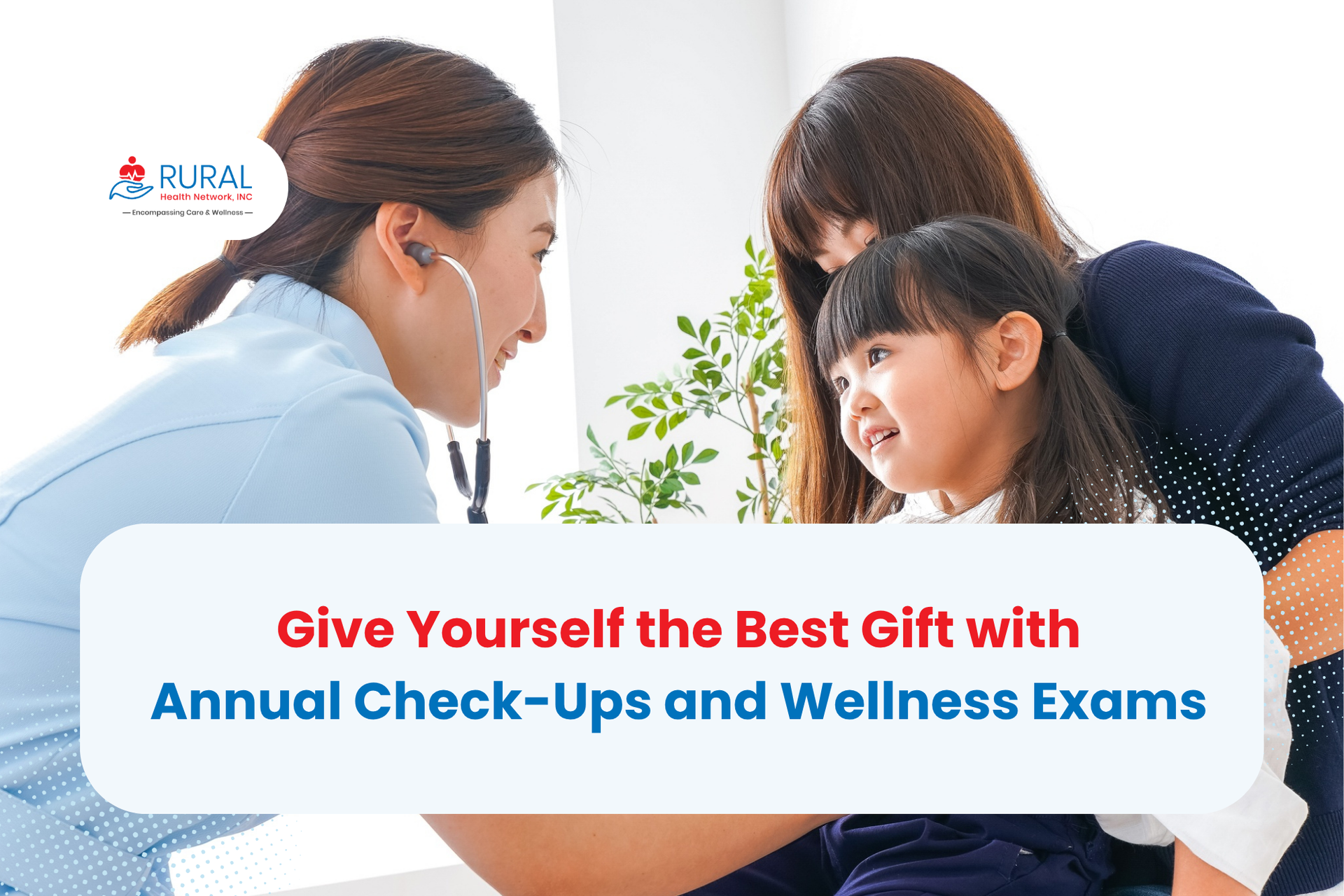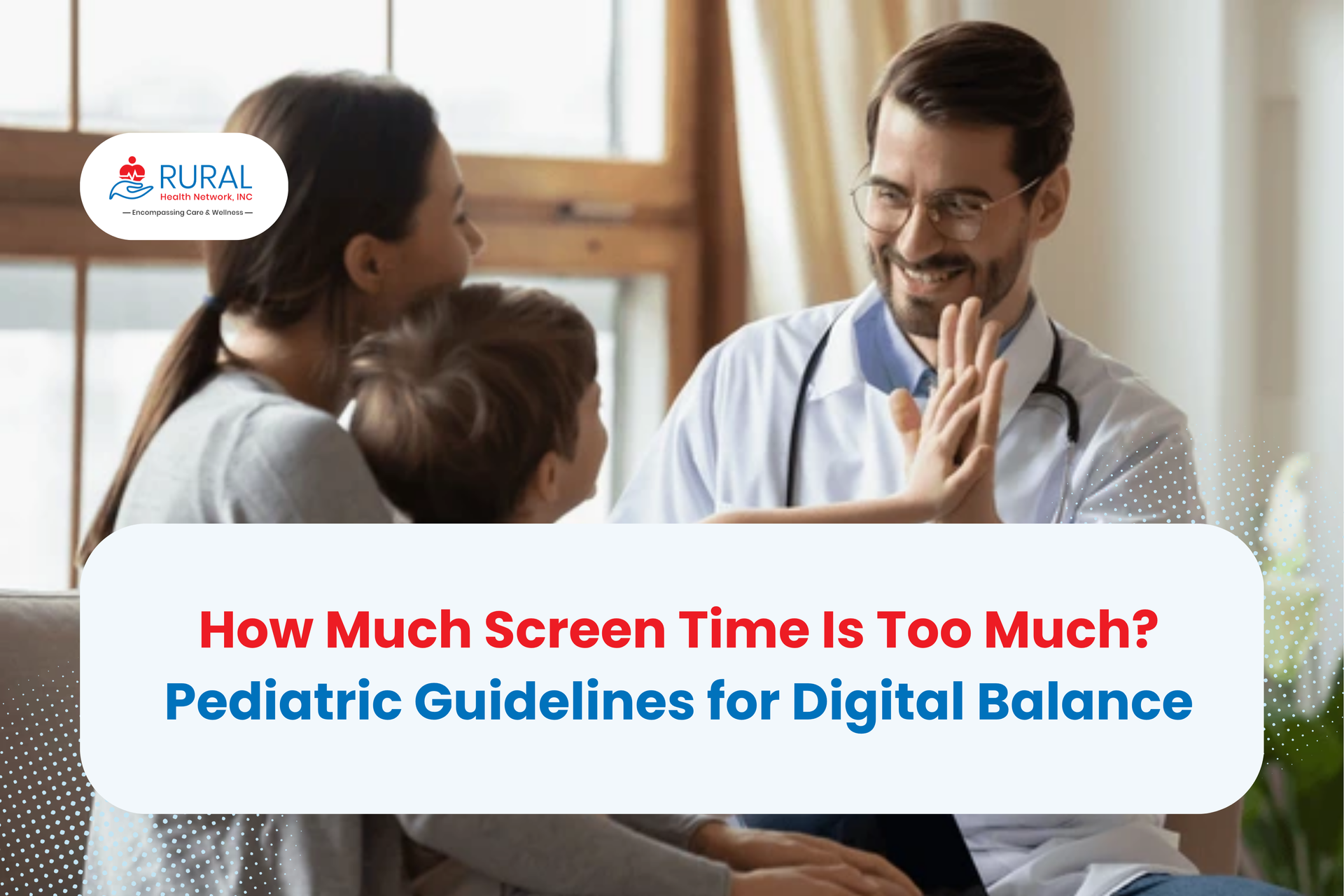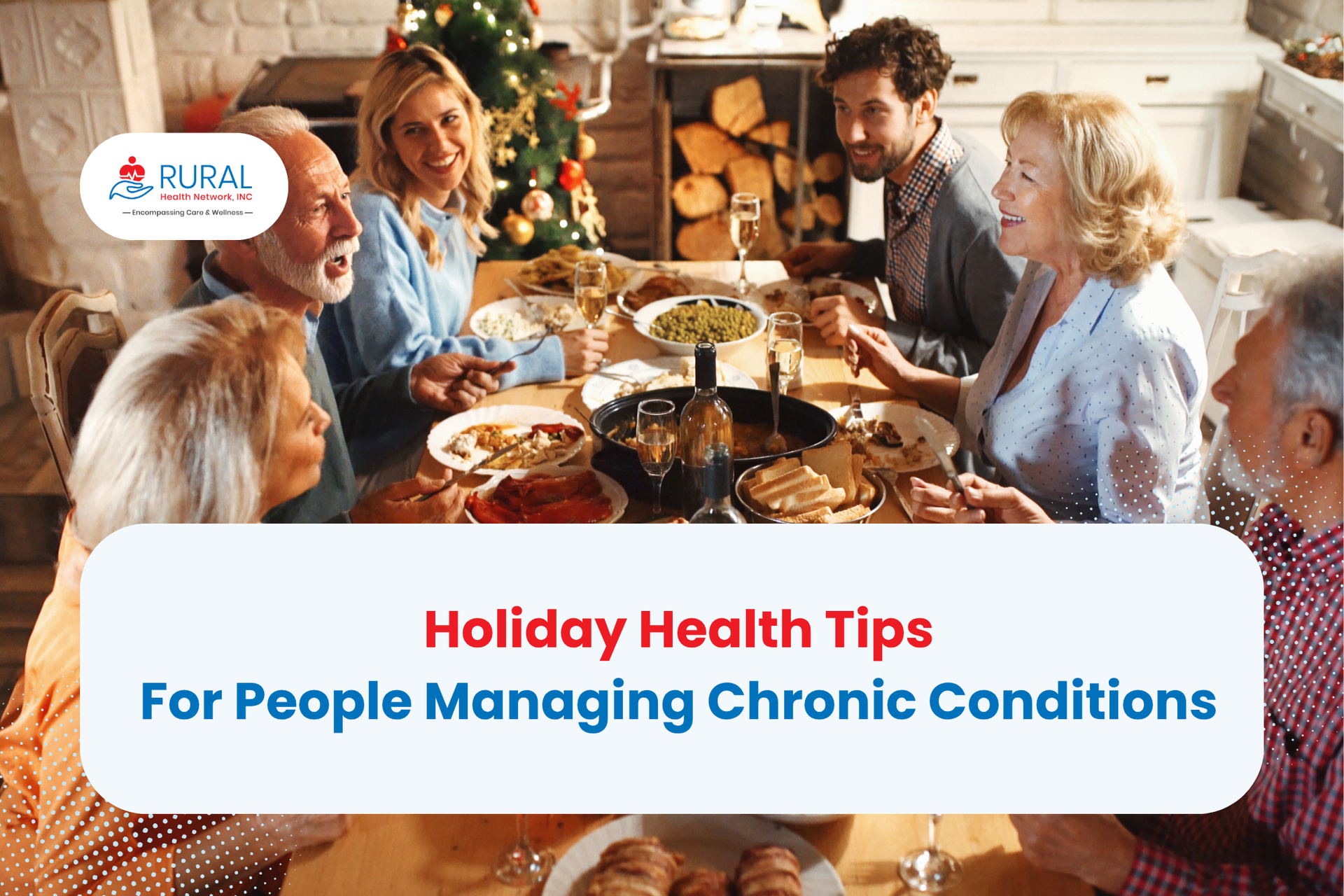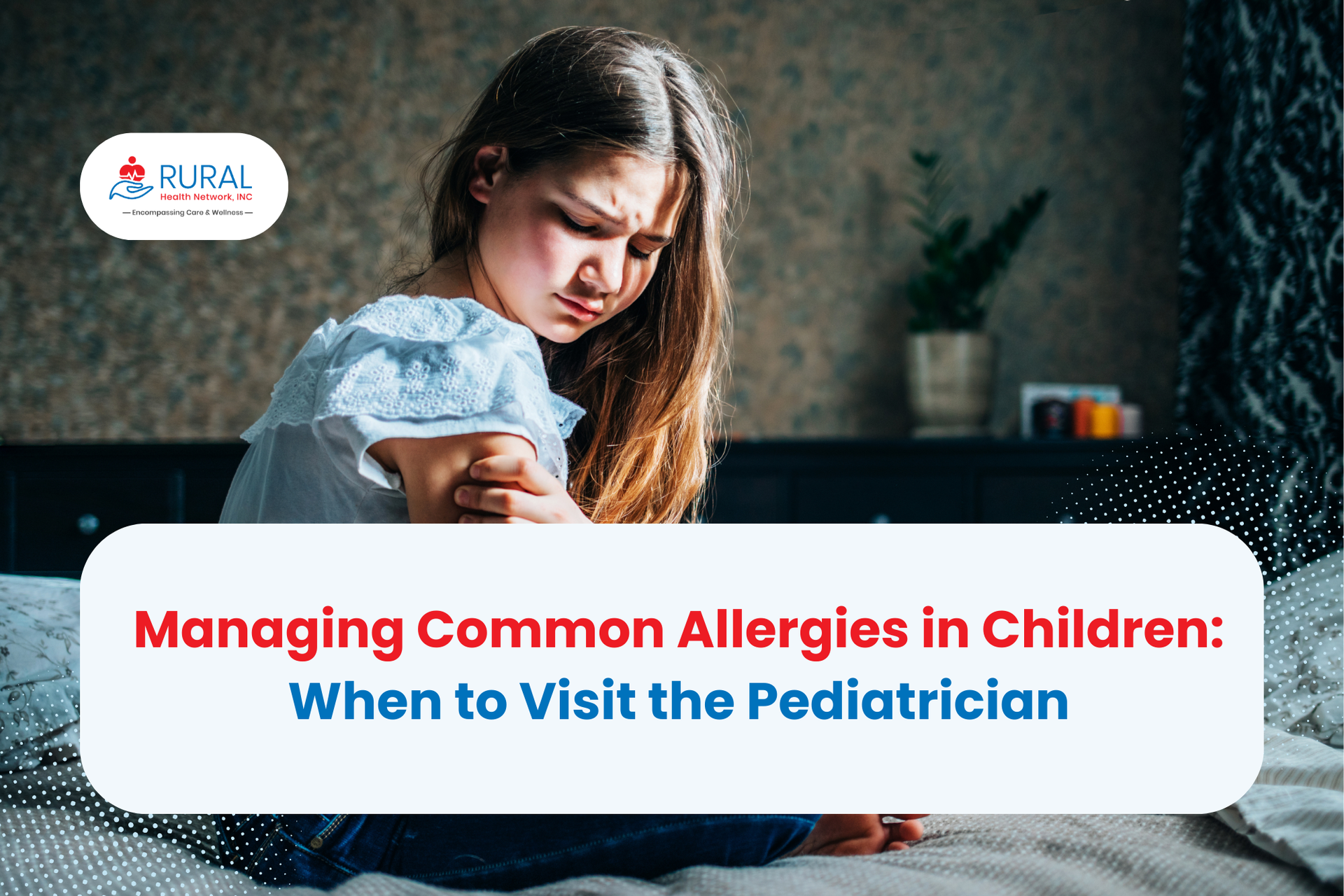What Cancer Prevention Really Means
Cancer research by the World Health Organization (WHO) has shown that about 30-50% of cases are preventable had
preventive healthcare measures been taken.
So, what does cancer prevention look like in everyday life? It’s not all tests and machines. Much of it happens quietly: during regular checkups, honest conversations, and small lifestyle changes over time.
Primary Prevention: Prevent Cancer Before It Starts
This is all about lowering your risk and other cancer causes. Your primary care provider can help with:
- Vaccines like the HPV shot help protect against certain cancers.
- Lifestyle support, like quitting tobacco, managing your weight, and staying active.
- Guidance on alcohol use, diet, and reducing exposure to harmful substances.
These steps might not feel dramatic, but they go a long way in keeping your body healthier and stronger for the long haul.
Secondary Prevention: Finding Early Signs of Cancer
When cancer does begin to develop, the goal is to catch it early when it’s easier to treat. Your PCP plays a key role by recommending:
- Routine Health Screenings
- Mammograms
- Colonoscopies
- Pap Smears
- Prostate Exams
- Lung Cancer Treatment/Screenings (especially for current/former smokers)
They help track your age, risk factors, and family history to make sure you’re getting the right screenings at the right time.
The Role of Primary Care in Early Cancer Detection
Early detection involves having the right person paying attention to you and your health.
Your primary care physician or oncology physician
sees the whole picture: your health history, lifestyle, symptoms, and even the quiet changes over time. That kind of familiarity is comforting and powerful.
They Notice What Others Might Miss
Because they see you regularly, PCPs are more likely to spot:
- Subtle weight loss or gain.
- Signs of early lung cancer.
- A mole that’s changed shape.
- Fatigue that’s lingering longer than usual.
- Changes in lab work that signal something’s off.
These small clues often lead to bigger conversations. And, if needed, earlier testing.
They Connect the Dots Over Time
Primary care is all about patterns. Your provider might remember a past symptom, a family history detail, or a trend in your labs that helps them catch something early. This kind of long-term tracking is hard to replicate in one-time visits elsewhere.
They Know You
Maybe you’ve mentioned your family history of cancer. Maybe they know you’ve been putting off a test out of fear or logistics. A PCP can gently guide you toward the next step with context, compassion, and clarity.
They Guide You Through the Process
If something needs further investigation, your primary care doctor doesn’t only hand you a referral, but they help coordinate the next steps, explain what to expect, and stay involved. You’re never just passed along. You’re supported.
Closing Gaps in Rural Areas
Here in rural communities, we know that caring for your health isn’t always as simple as making an appointment. There are a lot of factors that can all get in the way, especially when it comes to something as serious as cancer.
Thankfully, your local primary care team, like Rural Health Network, is bridging those gaps and providing excellent cancer preventive care. Let’s discuss the series of problems that rural communities face and how PCPs can help.
1. It’s Harder to Get There
Specialists may be miles (or counties) away, and not everyone has easy access to transportation.
How PCPs help:
Local clinics bring essential care close to home, and when a specialist is needed, your PCP can help coordinate referrals and prep you ahead of time so nothing gets missed.
2. Not Enough Information or Support
Knowing when to get screened or how to lower your cancer risk isn’t always obvious, especially without regular exposure to health education.
How PCPs help:
Through community outreach, educational events, and one-on-one conversations during visits, PCPs help patients understand their options and take proactive steps without the medical jargon.
3. Limited Access to Specialists
In rural areas, wait times can be long, and follow-up care can be tricky.
How PCPs help:
Telehealth is helping close that gap. Many primary care clinics now offer virtual visits or help connect you with specialists online, making care faster and more convenient.
The Power of the Patient-Provider Relationship
Access is important, but connection is what truly makes care work.
When you trust your provider, you’re more likely to speak up, ask questions, and follow through on recommendations. And when your provider knows you (and your chart), they can offer more personal, effective, and empowering care.
Trust Leads to Action
Studies and real-life experiences show that patients are more likely to:
- Follow through with recommended screenings.
- Provide annual physical exams.
- Make lifestyle changes.
- Take preventive steps early.
That trust is built over time through honest conversations, follow-ups, and preventive care services that feel truly centered on you.
Conversations Without Judgement
Whether you’re nervous about a test, unsure about the next steps, or trying to change a health habit—your PCP is there to help, not to shame.
And yes, you can absolutely ask the “stupid” questions (For the record, there’s no such thing). It can be “What is a colonoscopy?” or “Is this mole supposed to look like that?” your PCP wants you to feel comfortable, informed, and supported—no eye rolls. No lectures. Just honest answers and a plan that works for you.
The longer you work with your PCP, the stronger your relationship becomes. Each visit and conversation adds another layer of understanding, another opportunity to refine your care plan, and another chance to catch issues early.
What You Can Do: Take the First Step with Rural Health Network


